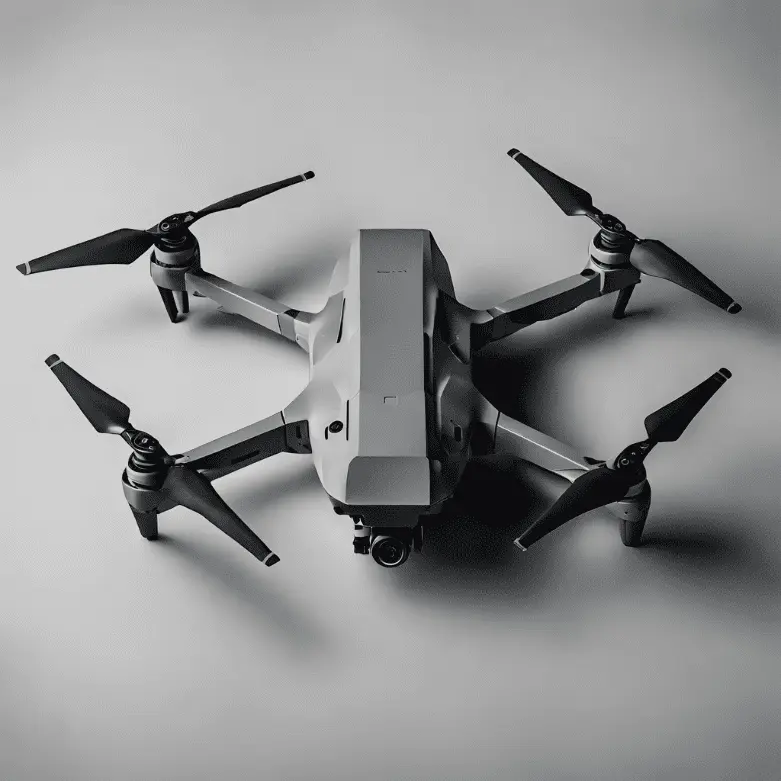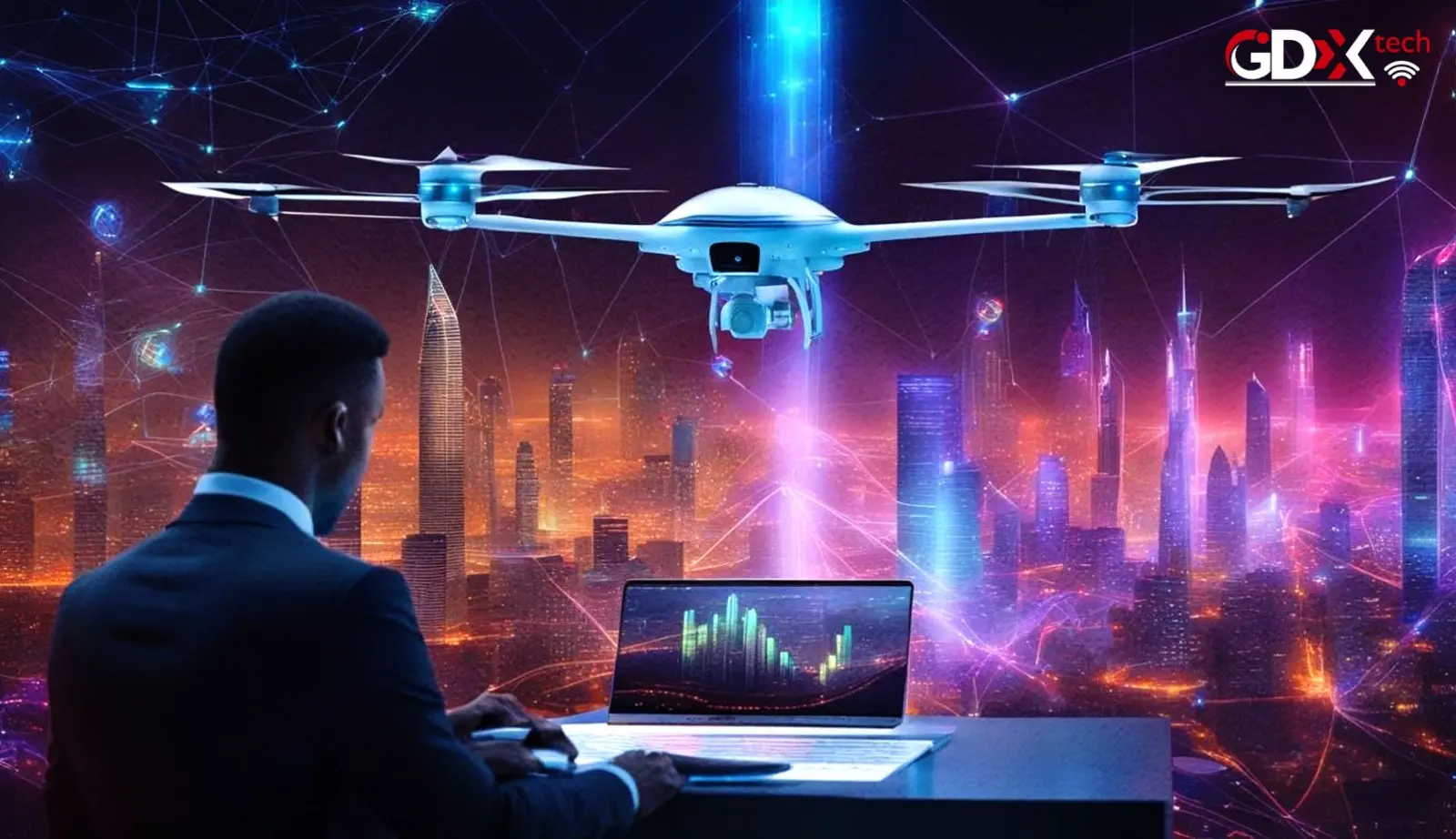In recent years, drone technology has undergone remarkable advancements, revolutionizing various industries and contributing to both civilian and military applications. As we step into 2024, the role of drones has become even more pivotal in reshaping the landscapes of the private and defense sectors. This blog delves into the diverse and transformative benefits that drone technology brings to these sectors, highlighting the ways in which these unmanned aerial vehicles are reshaping our world.
Drone Technology and its Transformative Benefits in 2024
1. Enhanced Surveillance and Reconnaissance:
In the defense sector, drones have become indispensable tools for surveillance and reconnaissance. Equipped with high-resolution cameras and advanced sensors, drones offer a real-time, bird's-eye view of the battlefield or critical areas, enhancing situational awareness. This capability not only aids in strategic planning but also helps in monitoring and responding to emerging threats more effectively.
2. Border Security and Monitoring:
Drones play a crucial role in strengthening border security by providing continuous surveillance along borders and remote areas. With the ability to cover vast stretches of territory quickly and efficiently, drones aid in the detection of illegal activities, such as smuggling and border crossings, contributing to improved national security.
3. Search and Rescue Operations:
In both private and defense sectors, drones are invaluable assets for search and rescue operations. Equipped with thermal imaging cameras and other specialized sensors, drones can locate and identify individuals in disaster-stricken or hard-to-reach areas. Their nimble nature allows them to access locations that may be challenging for traditional search and rescue teams.
4. Logistics and Supply Chain Optimization:
Private enterprises are leveraging drone technology to optimize logistics and supply chain operations. Drones can transport goods quickly and efficiently, especially in areas with challenging terrain. This not only reduces delivery times but also minimizes operational costs, making drone delivery an attractive option for businesses looking to streamline their operations.
5. Agricultural Innovation:
In the private sector, agriculture benefits significantly from drone technology. Drones equipped with sensors and imaging capabilities can monitor crop health, assess soil conditions, and optimize irrigation. This data-driven approach enables farmers to make informed decisions, enhance crop yields, and minimize environmental impact.
6. Infrastructure Inspection and Maintenance:
Drones play a pivotal role in inspecting and maintaining critical infrastructure, such as bridges, power lines, and pipelines. Their ability to access hard-to-reach locations without human intervention reduces the risks associated with traditional inspection methods. This not only improves safety but also minimizes downtime for essential infrastructure.
7. Rapid Emergency Response:
In both private and defense sectors, drones facilitate rapid emergency response. Whether it's delivering medical supplies to disaster-stricken areas or assessing the extent of damage in the aftermath of a natural disaster, drones play a vital role in expediting response efforts, ultimately saving lives and minimizing the impact of emergencies.
Conclusion:
In 2024, drone technology stands at the forefront of innovation, offering myriad benefits to both private and defense sectors. From enhancing surveillance and reconnaissance capabilities to transforming logistics and agriculture, drones have become versatile tools with the potential to reshape industries. As we continue to unlock the full potential of drone technology, it's clear that the skies are no longer the limit, and the positive impacts on efficiency, safety, and security will continue to soar to new heights.









